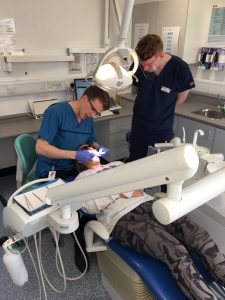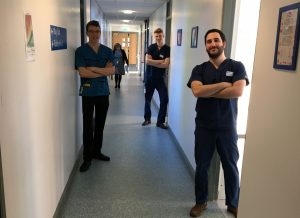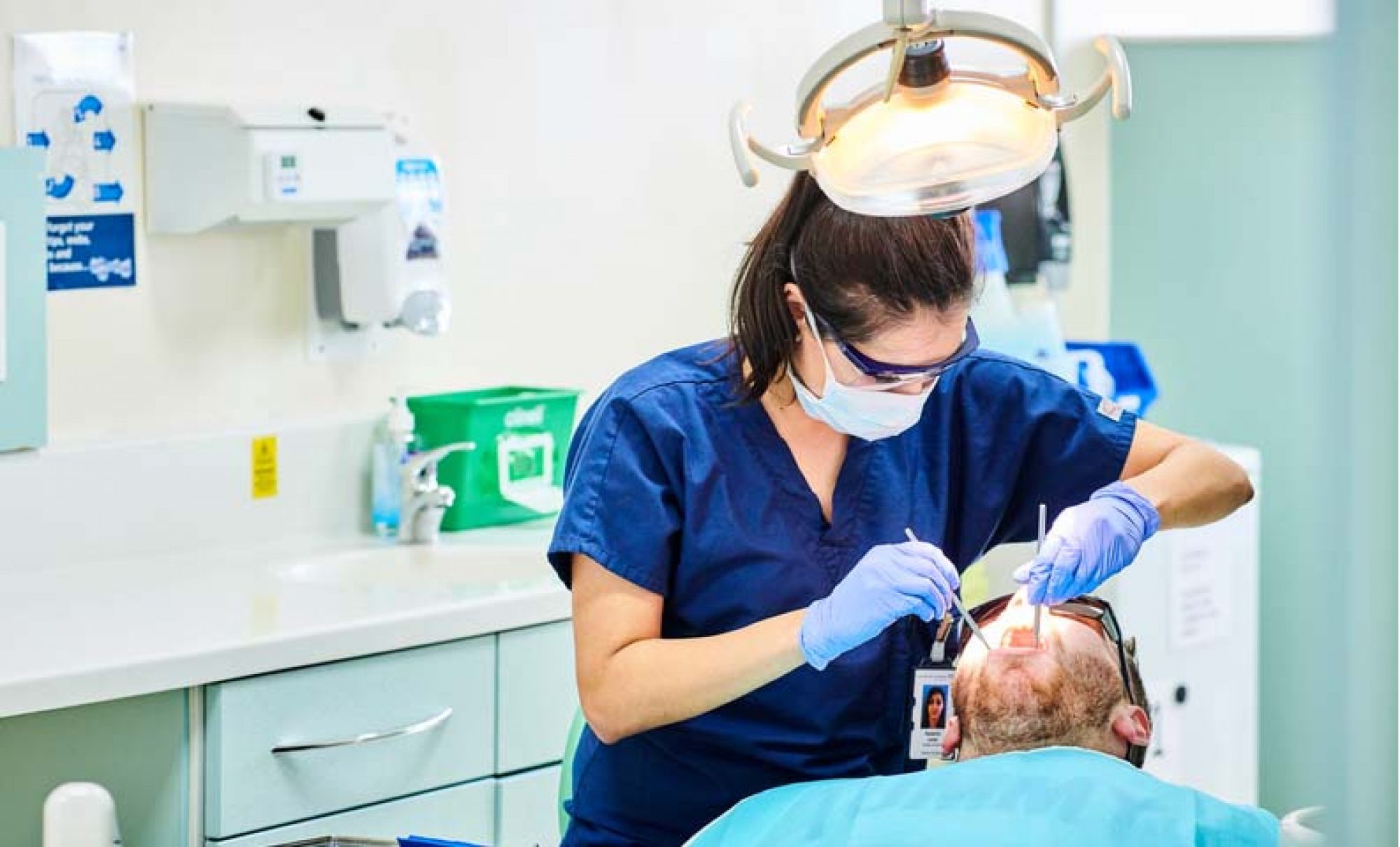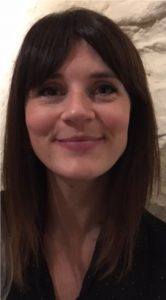My name is James Thomas and I am an outreach supervisor. I studied dentistry in Newcastle University around 5 years ago and since have worked in the Newcastle upon Tyne Community Dental Services, the maxillo-facial surgery department in James Cook University Hospital and in a small general practice in Newcastle. In addition to my BDS (Bachelor of Dental Sciences), I have passed MFDS (Diploma of Membership of the Faculty of Dental Surgery) examinations and recently gained a post-graduate certificate in Facilitating Learning in Healthcare Practice.
I currently work in the Community Dental Services in Newcastle upon Tyne Hospitals. As a service we provide treatment for patients who require special care from four sites around Newcastle. These sites also provide the opportunity for clinical teaching and training for undergraduate dental students; this is known as “Outreach”.
What is Outreach?
Outreach provides the opportunity for clinical experience in a primary care setting. Third year BSc (Oral & Dental Health Sciences) students, and fourth and fifth year dental students attend every other week to provide routine dental treatment to the local community. The overall aim is to provide an environment that is similar to that of a general dental practice and prepare students for life after dental school.
Students are exposed to computerised charting and records and given an appreciation of how the UDA (Unit of Dental Activity) system works. We aim to formulate realistic treatment plans and complete them efficiently; improving the students’ time management skills as they progress.
Students are allocated a regular nurse to work with and are encouraged to delegate and prescribe treatment appropriately to other dental care professionals. This should promote communication, team working and leadership skills whilst enhancing knowledge of shared care. This allows treatment plans to be completed efficiently and effectively in order to provide the best quality of care for patients.
Outreach supervising
There are 10 dentists in the Trust that share the responsibility of covering Outreach sessions. We generally oversee groups of 3 or 4 students and provide support and feedback where required. At the beginning of the year we are allocated a group of students and supervise them for the whole year. Having this continuity is beneficial for supervisors, students and patients.
It is rewarding to see the students develop their skills and confidence over the course of the year. Having small clinical groups provides a positive atmosphere for learning as it allows us to connect with students, identify and address any learning needs and provide support where necessary.
I find supervising student clinics enjoyable. It provides a nice variety to the week and different challenges. I want the clinics to be enjoyable and productive for both students and patients. I encourage students to take the lead when solving clinical problems and when interacting with patients. This will demonstrate their knowledge and clinical skill and give them a certain responsibility and satisfaction when completing treatment. Being able to convey this to patients is equally important; I find a well-informed patient will generally feel more confident and relaxed and additionally will appreciate the work you are doing for them.
I try to make everything I teach or feedback to the students relevant to future practice. At the end of each session we reflect on the events of the session. I encourage students to provide insight into their performance and we use this as a way to maintain or enhance their clinical care in the future.



